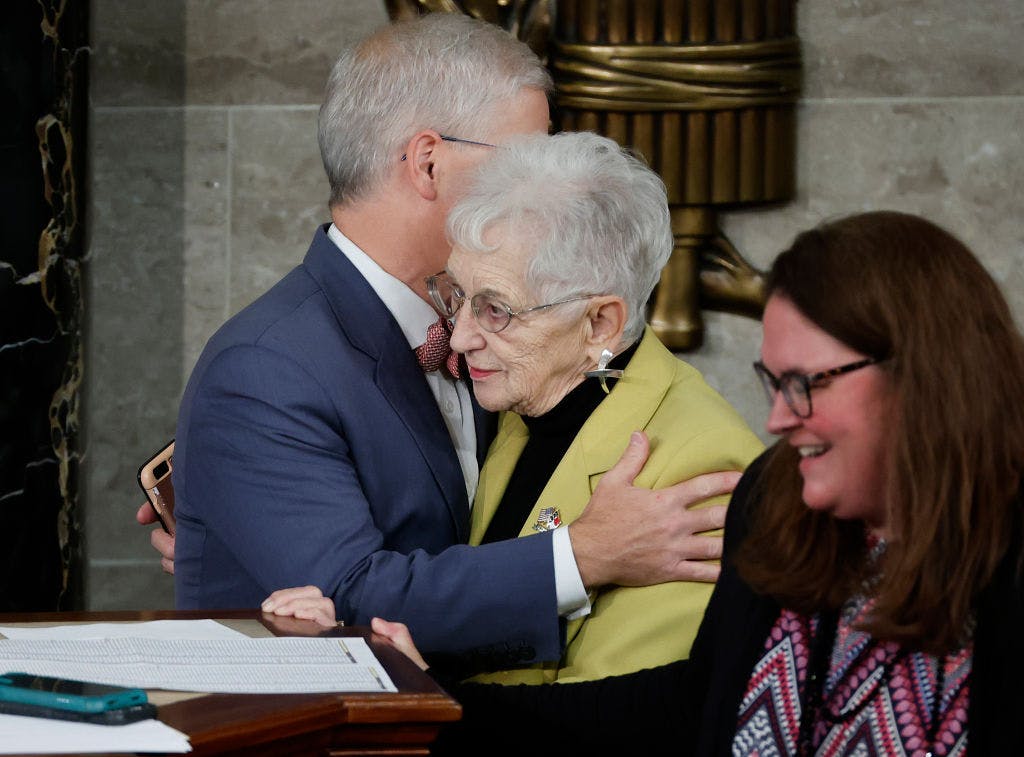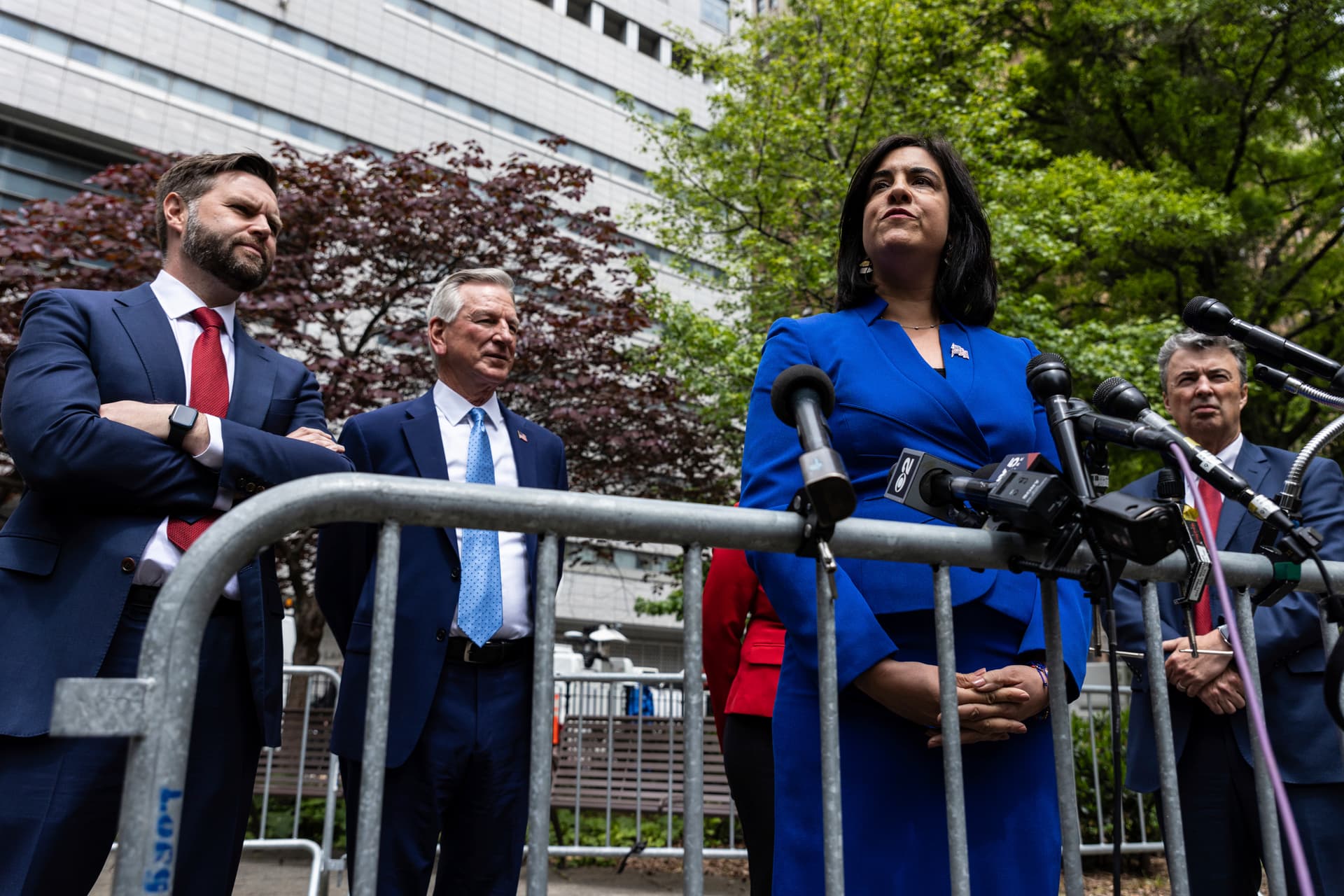
Joe Biden’s Affordability Problem Has Become Trump’s Affordability Solution
By LAWRENCE KUDLOW
|‘Requiring members of a private organization to answer before Congress for controversial views expressed in internal emails,’ one free-speech advocate says, ‘chills the exercise of First Amendment rights.’

Already have a subscription? Sign in to continue reading
$0.01/day for 60 days
Cancel anytime
By continuing you agree to our Privacy Policy and Terms of Service.

By LAWRENCE KUDLOW
|
By NOVI ZHUKOVSKY
|
By THE NEW YORK SUN
|
By THE NEW YORK SUN
|
By BRADLEY CORTRIGHT
|
By MATTHEW RICE
|
By BENNY AVNI
|
By LUKE FUNK
|